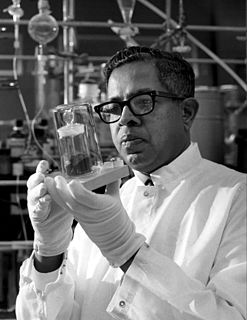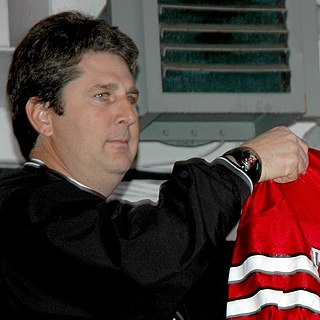A Quote by Peter Diamandis
When I was a grad student at MIT, I had a chance to become friends with the Viking Mission's chief scientist, Dr. Gerald Soffen. Viking was the first Mars lander looking for signs of life on Mars.
Related Quotes
We can come up with a working definition of life, which is what we did for the Viking mission to Mars. We said we could think in terms of a large molecule made up of carbon compounds that can replicate, or make copies of itself, and metabolize food and energy. So that's the thought: macrocolecule, metabolism, replication.
We do have a big kind of history in literate tradition of Vikings and we have a lot of Viking blood in Scotland, I mean especially up north wherever you go you see a plastic Viking sitting outside a shop and Viking calendars and - because they - you know they came down and stole all our chicks and then some of them didn't quite get back and ended up settling down here. So there's a lot of Viking blood in Scotland.
As Stewart Brand (co-founder of Emeryville's Global Business Network) likes to say, "Information lasts forever. Digital information lasts forever or for five years, whichever comes first." There are examples everywhere. The tapes from the original Viking landers that went to Mars are at (NASA's) Jet Propulsion Laboratory, but there is no machine that can read the tapes.
There is a diverse meaning to the lyrics as well. A lot of the stuff I write is from a personal level but is not really anything that I care about if people get or not so I write alot of the stuff as metaphors based in Viking mythology and Viking History which is sort of my main interest in life and sort of my main atmosphere in life.

































